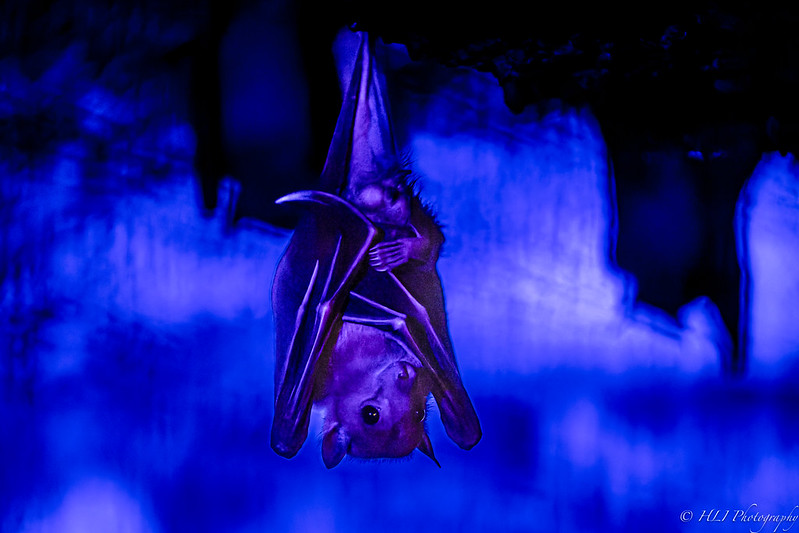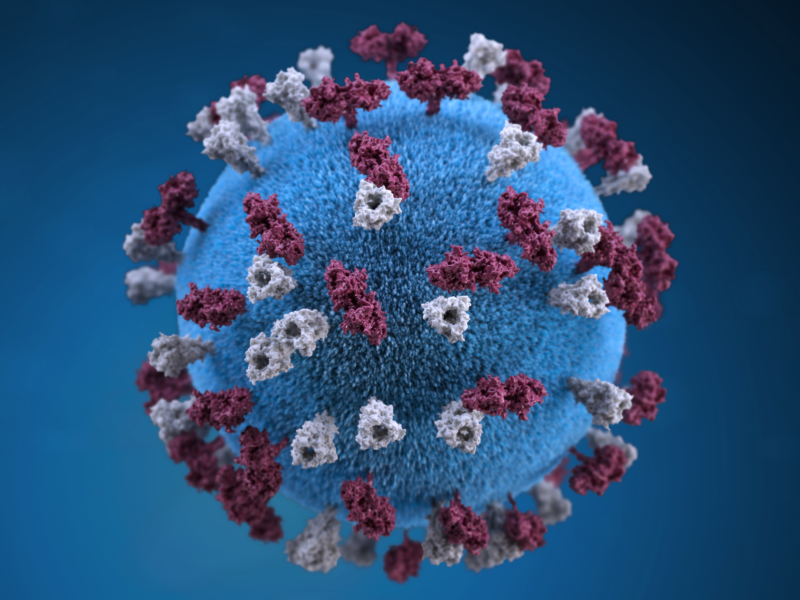By: Jacquelin Sauer
Image courtesy of HLI Photography, CC-BY-NC-ND.
On February 13th, 2023, Equatorial Guinea confirmed its first outbreak of Marburg Virus Disease (MVD).1 Samples from the western Kie Ntem Province in the country were sent to the Institut Pasteur reference laboratory in Senegal on February 7th, 2023, following an alert from a district health official.1 Out of the eight samples sent, one tested positive for MVD.1 There has been one confirmed case, nine deaths, and 16 suspected cases, with symptoms including fever, fatigue, blood-stained vomit, and diarrhea.1,2 The deaths have been linked to a funeral ceremony in the Nsok Nsomo district of Kie-Ntem province, and more than 4,000 individuals in the area have been quarantined.3,4 To prevent further transmission, Equatorial Guinea and its neighbor Cameroon have restricted movement across their borders.3
MVD is a rare and severe haemorrhagic fever that can be fatal, with a case fatality rate ranging from 24% to 88% depending on the virus strain and case management.1,5,6 The Marburg virus is in the same family as Ebola (filovirus family) and presents similar clinical symptoms.4,5 The virus has an incubation period of 2 to 21 days, with sudden onset characterized by a high fever, severe headache, chills, and muscle pain or aches.5,6 Other symptoms of MVD include nausea, vomiting, chest pain, sore throat, abdominal pain, and diarrhea.6 In more severe cases, symptoms may include jaundice, inflammation of the pancreas, severe weight loss, delirium, shock, liver failure, massive hemorrhaging, and multi-organ dysfunction.6 In fatal cases, death typically occurs about eight to nine days after symptom onset.5
The primary animal host of MVD is the Rousettus aegyptiacus bat.5,6 There is limited information on how MVD is transmitted from animals to humans.5 The virus spreads from person to person through direct contact with blood, bodily fluids, and/or contaminated objects, such as clothing and medical equipment.6
Currently, there are no vaccines or antiviral treatments available for MVD.1,5 On February 14th 2023, the WHO held an emergency meeting to discuss a potential MVD vaccine and treatment.7 Despite the lack of current evidence surrounding the MVD vaccine, this outbreak provides an opportunity to test and develop a safe and effective vaccine to prevent future outbreaks. Survival rates can be improved with supportive care, such as oral rehydration and treatment of specific symptoms.5
The Centers for Disease Control (CDC) and WHO are actively tracking the MVD outbreak in Equatorial Guinea and neighboring countries. Individuals can find updates regarding case counts, interventions, and traveler safety for Equatorial Guinea via the CDC here: https://wwwnc.cdc.gov/travel/notices/watch/marburg-equatorial-guinea. Updates regarding the MVD outbreak and the WHO’s response in Equatorial Guinea can be found here: https://www.afro.who.int/countries/equatorial-guinea.
References
- https://www.afro.who.int/countries/equatorial-guinea/news/equatorial-guinea-confirms-first-ever-marburg-virus-disease-outbreak
- https://africacdc.org/news-item/press-release-on-marburg-virus-disease-in-equatorial-guinea/
- https://www.msn.com/en-us/news/other/equatorial-guinea-confirms-country-s-first-marburg-virus-disease-outbreak-who/ar-AA17rnL3
- https://www.journaldemalabo.com/guinee-equatoriale-virus-marburg-plus-de-4000-personnes-en-quarantaine/
- https://www.who.int/news-room/fact-sheets/detail/marburg-virus-disease
- https://www.cdc.gov/vhf/marburg/symptoms/index.html
- https://www.npr.org/sections/goatsandsoda/2023/02/17/1157810407/the-marburg-outbreak-in-equatorial-guinea-is-a-concern-and-a-chance-for-progress


